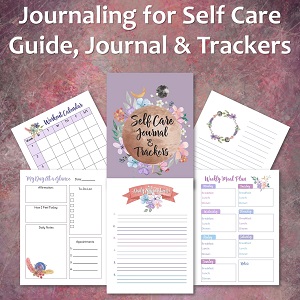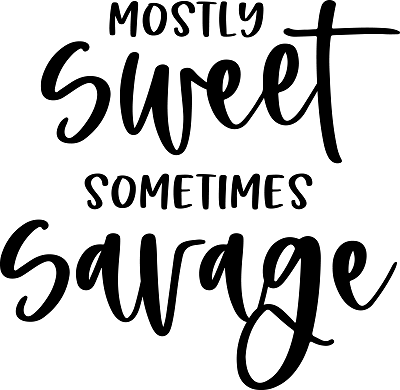 Instead of asking whether your relationship is the issue, start asking yourself whether it is you who is susceptible to dependency. Are you one of those people with a dependent personality?
Instead of asking whether your relationship is the issue, start asking yourself whether it is you who is susceptible to dependency. Are you one of those people with a dependent personality?
Or, do you show those traits? If your answer is yes then you are far likely to see those traits cropping up in any relationship that you have.
Let’s take a look at some of the indications that may tell you whether you are too dependent.
You Can’t Make Decisions without Advice or Reassurance
This doesn’t mean huge life decisions that anyone would struggle with, this is everyday decisions that you should be able to make easily. If you struggle with simple decisions because you’re terrified of being wrong then you may be too dependent on others.
An Inability to Assume Responsibility
There’s a difference between asking assistance when handling a major change or big area of your life, however, expecting other people to take responsibility for it is a different story.
Dependent people tend to hand over control over major areas to others, and it’s driven by fear. The big challenges of life seem insurmountable so it would be impossible for them to handle it alone.
An Inability to Do Things Alone
People who are dependent on others often feel as though they are worthless. This prevents them from putting themselves out there and causes them be too afraid of failure to start projects or handle things on their own. It’s impossible to fail if you don’t take initiative, right? If they believe they will fail at doing something they simply won’t do it at all.
Afraid to Disagree
There’s a disconnect between reality and expectation here and the dependent person doesn’t want to argue nor do they feel as though their opinion is worthy of expression. They’re more than likely going to agree with whatever someone else says because of it.
Anxious On Their Own
When you spend your life expecting the worst, it’s difficult to feel competent about facing life alone. Being on your own means you feel vulnerable and unprotected and it’s too much to cope with.
Wrongly Take Responsibility
While they happily hand responsibility over for major life decisions they wrongly take responsibility when something bad happens. It doesn’t matter whether the judgment is accurate or reasonable, it’s what they do – they assign blame to themselves for an event, the behavior of others, and for a variety of circumstances.
Great Expectations
A dependent person will simply adopt the expectations of others and when they fail to meet those expectations they feel as though they’re failing themselves as well as the other person. This perception simply solidifies their belief that they’re worthless and fuels the damage to self-esteem.
The Need for Validation
Validation and approval are something dependents crave, much like a gambling addict or alcoholic craves a taste of their poison. When they receive that validation, the stars align and all is right with the world. However, that is short lived and it is a vicious cycle.
A Lack of Boundaries
There is just one boundary that a dependent will have, and that is to be in and around the relationship they desire. Everything else goes out the window and is negotiable. This makes them vulnerable to someone who would want to exploit them.
Certain personality types are drawn to these types of people because they know they can take advantage of them.
Does this sound like you? It can be exhausting living up to expectations that are beyond anyone’s control. Equally, it can be frustrating trying to cope with the typical challenges of life when your self-esteem isn’t sufficient for you to feel strong and decisive enough to deal with them.
You can change that, though, by becoming stronger in who you are and learning how to expect your flaws, whether perceived or real.




